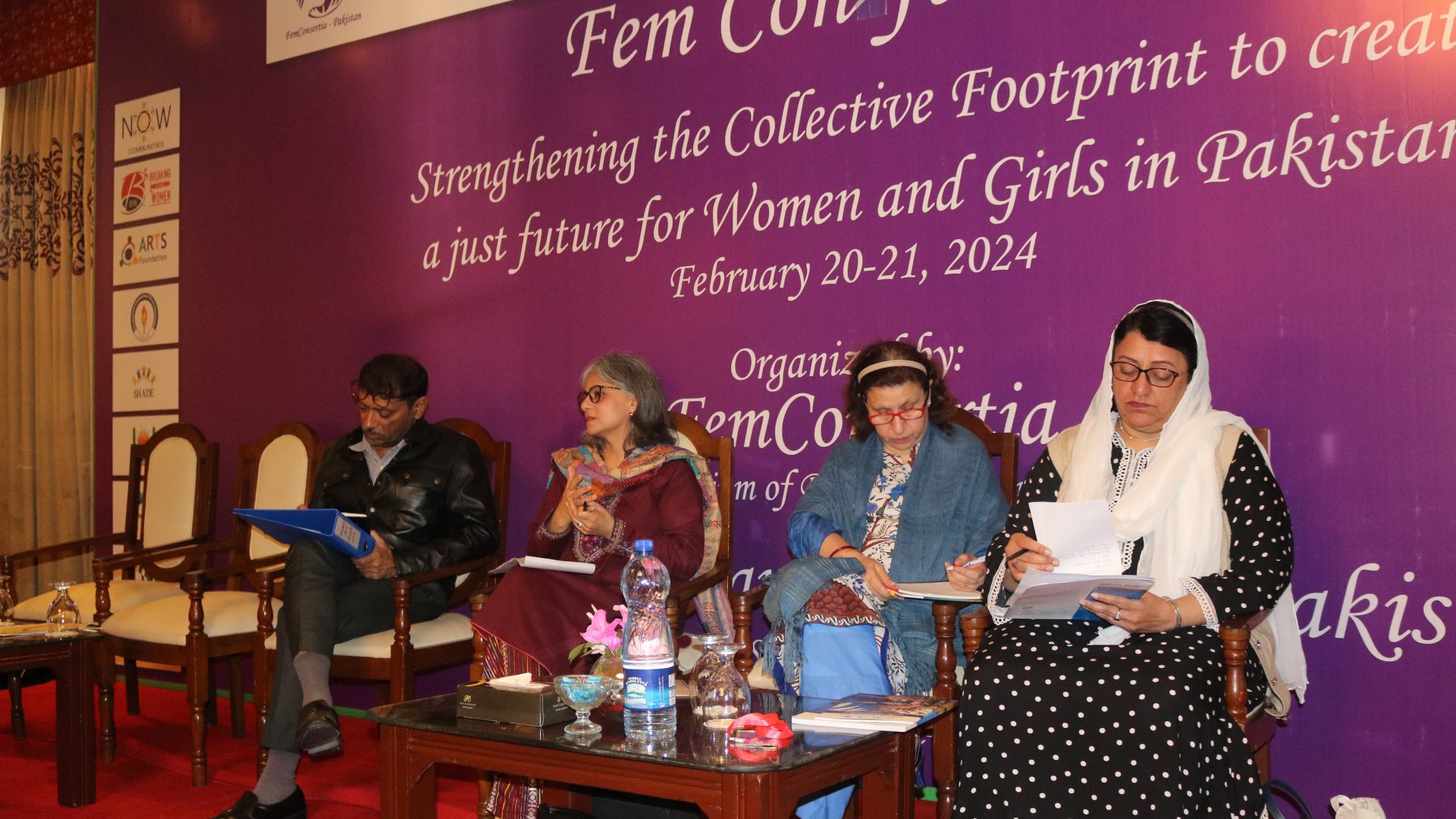This blog piece reflects insights by Javeria Afzal, climate change advisor at HelpAge International, during a panel discussion on Women and Climate Change, organised by FemConsortia in February 2024.
Pakistan finds itself among the nations most susceptible to the multifaceted impacts of climate change. Despite possessing profound local insights into natural resources, women are often marginalised when pivotal decisions regarding climate action are made.
In the context of Pakistan, women often bear a disproportionate burden of the consequences of climate change due to their heavy reliance on natural resources for sustenance. The poorest in the country are disproportionately women, assuming significant responsibilities for ensuring food security and household well-being. Additionally, they face challenges in accessing resources and information necessary for climate adaptation, compounded by prevailing gender inequalities in decision-making and social status.
Despite these challenges, women possess unique insights and knowledge critical for climate adap stewards of natural resources position them as frontline observers of environmental degradation and innovators in developing coping mechanisms. It is imperative to recognise and leverage these insights in national and global efforts to combat climate change.
Addressing these disparities necessitates concerted action at various levels. Development and humanitarian projects must prioritise gender equity, ensuring the equitable allocation of resources and safeguarding women’s access, control, and ownership of essential resources.. Investments in gender-sensitive technologies and awareness-raising campaigns at the grassroots level are indispensable measures in empowering women and promoting their participation in climate adaptation endeavours.
Furthermore, comprehensive research and data collection are essential to understand the nuanced impacts of climate change on different groups of women considering factors such as age, caste, class, and profession. By enhancing the participation of women in decision-making processes and prioritising gender and social inclusion in development projects, we can effectively navigate the intersection of climate change and gender, contributing to more resilient and equitable societies.

